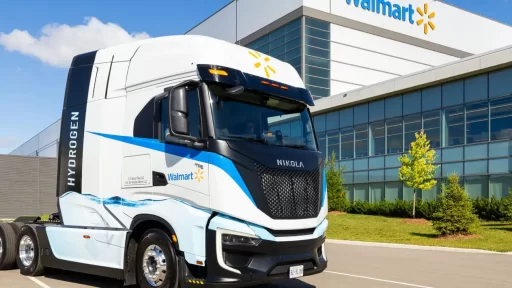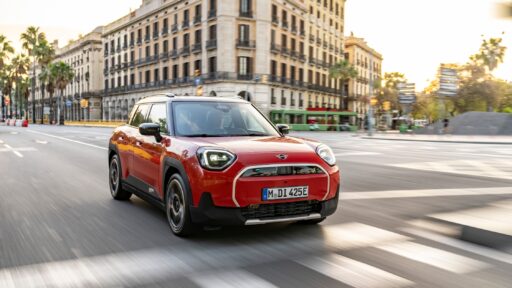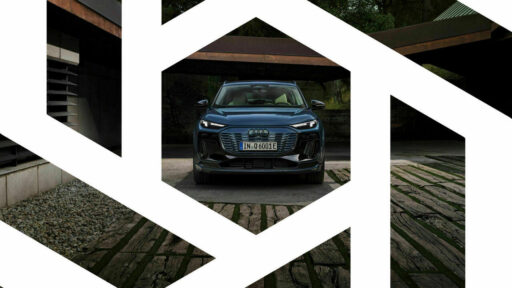The UK, renowned for its legacy in high-performance automotive manufacturing and motorsport, has a golden opportunity to lead the electrification of supercar production, according to McLaren Automotive CEO, Michael Leiters. However, this potential hinges on substantial investment in the domestic supply chain.
Mr Leiters highlighted that the current UK supply chain is ill-equipped to meet the unique performance requirements of electric supercars. He called for a strategic roadmap from the government to guide investment in future powertrain technologies. “A clear industrial strategy, led by investment in the domestic supply chain, will deliver growth, support jobs, help decarbonise the economy, and secure a vibrant future for the UK performance car industry,” Leiters said.
READ MORE: Nissan Production, Sales, and Export Report for May 2024
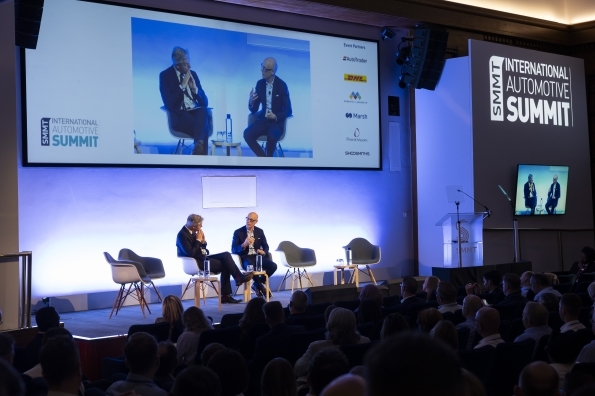
He emphasized the need for renewed confidence in the sector through investment in a world-class domestic supply chain, capable of supporting the development of high-performance vehicles. Despite the UK’s historical prominence as a vehicle exporter, it still hosts several prestigious performance car brands and most Formula 1 racing teams.
Leiters pointed to the intrinsic brand value and performance attributes of UK-based luxury and sports car brands, noting that McLaren’s employee productivity gross value added is 51% higher than the UK automotive manufacturing sector average. With over 90% of McLaren supercars being exported, the performance car industry offers significant returns on investment for taxpayers.
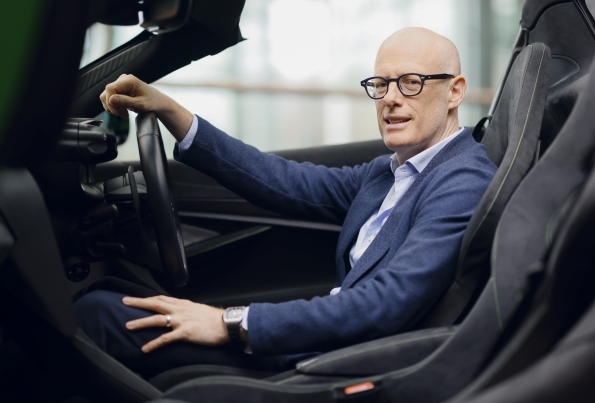
Government support is also essential to mitigate the risks associated with transitioning to electrification. “The costs of this technological shift are astronomical, especially for low-volume, highly-specialised suppliers,” Leiters explained. He noted that the current demand for electric supercars is low, as the technology has yet to match the performance of hybrid and combustion engines, making it a risky investment.
Leiters urged investment in next-generation, high power-dense battery cell manufacturing to position the UK at the forefront of future performance car powertrain technology. He also stressed the importance of sourcing high-performance battery technology locally, due to EU ‘rules of origin’ requirements on exported vehicles.
He acknowledged the challenge of meeting these requirements would intensify with the shift to pure electric vehicles. For example, the UK content of the McLaren Artura’s powertrain would drop from 64% to 13% if it were a pure EV due to the current lack of necessary componentry in the UK.
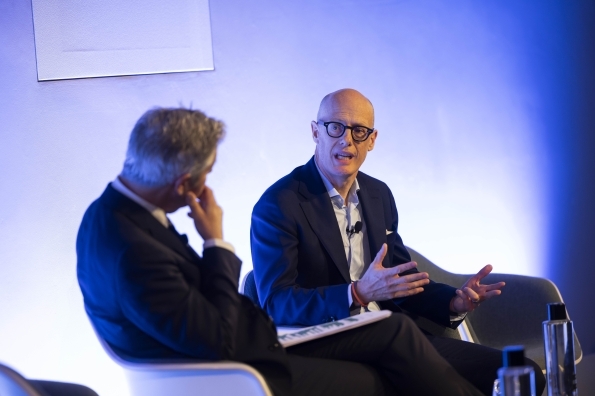
Historically, the luxury and high-performance market has led technological advancements in the automotive industry. Leiters cited the McLaren P1 as a pioneer of high-performance hybrid technology, showcasing the potential for electric supercars to drive broader industry transitions.
Attracting battery suppliers to the UK would have long-term benefits beyond the performance car industry, potentially supporting advanced manufacturing needs such as vertical take-off aircraft and drones.
About McLaren Automotive
McLaren Automotive, part of the McLaren Group, produces ultra high-performance, lightweight supercars. Since its launch in 2010, it has become the largest segment of the McLaren Group. Headquartered in Woking, Surrey, McLaren Automotive is dedicated to creating exhilarating, benchmark-setting vehicles, drawing on the McLaren name’s 60-year history in racing performance. The company’s diverse portfolio includes GTS, supercar, Motorsport, and Ultimate models, sold in over 40 markets worldwide.
McLaren’s commitment to innovation is evident in its pioneering use of carbon fibre chassis technology in Formula 1 and the development of the hybrid hypercar, McLaren P1. The company’s recent models, such as the Artura high-performance hybrid and the 750S supercar, continue to push the boundaries of automotive excellence.
READ MORE: Honda Unveils Lease Options for 2025 CR-V e
Subscribe today for the freshest car news delivered to your inbox


